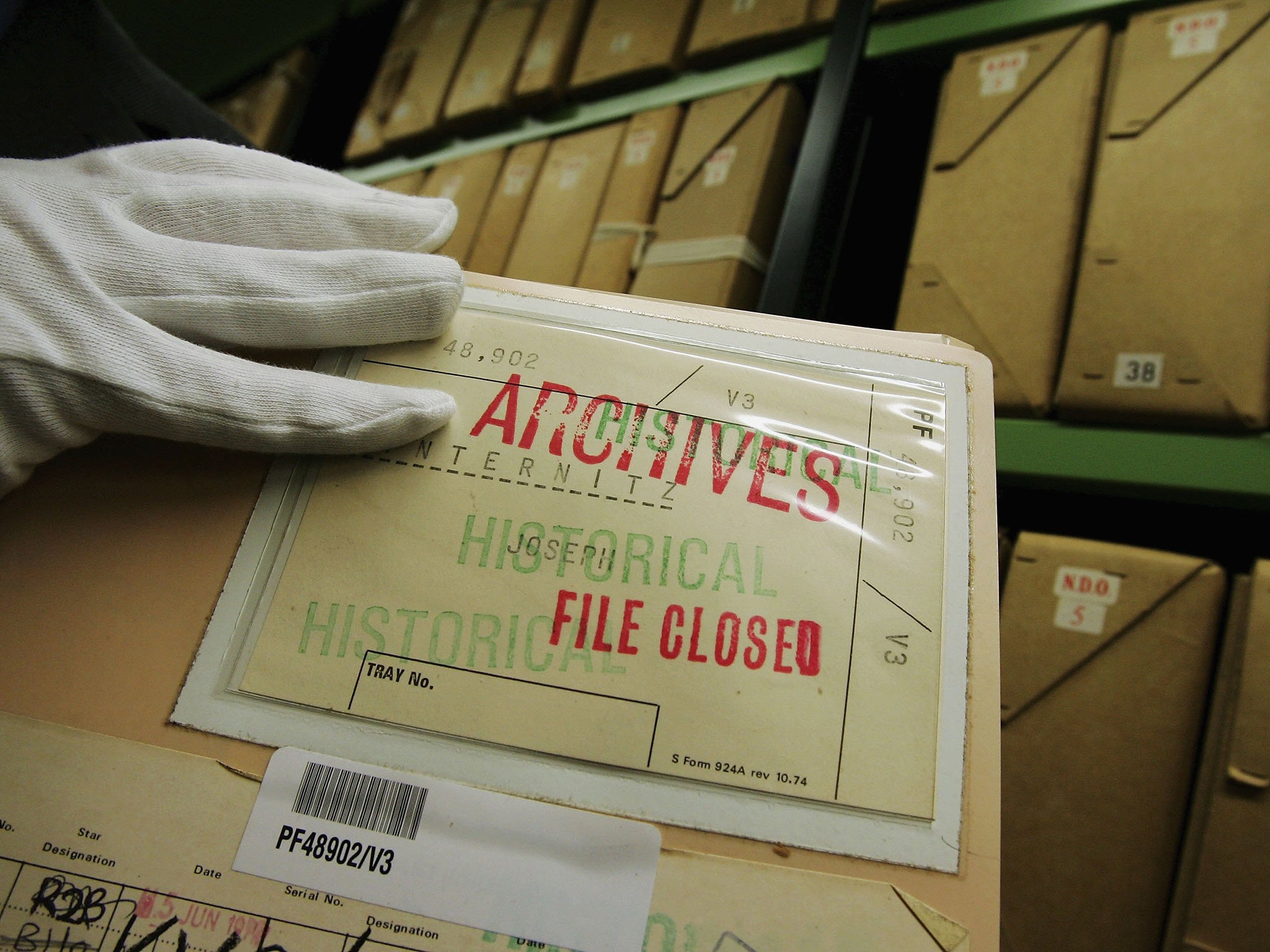Freedom of Information Act: The Prime Minister is drawing the blinds on open government
I share the concerns of campaigners who fear the Independent Commission examining the Act will recommend the introduction of fees for FOI requests and rule that entire tranches of information should be exempt and stay secret


Five years ago, David Cameron promised to lead the most transparent administration in history, declaring that “sunshine is the best disinfectant”. But now the Prime Minister is drawing the blinds on open government. The Tories want to water down the Freedom of Information Act, one of the most effective pieces of legislation Parliament has ever passed. It has been used by campaigners, journalists and members of the public to uncover data breaches, discover how many criminals are on the run and reveal that our nuclear power stations are in a shocking state of disrepair. It should be extended and strengthened.
The Cabinet has appointed an Independent Commission to examine the Act, which was passed by a Labour government in 2000 and came into effect in 2005. A public consultation ends on Friday, but given that the Commission’s five members, who include ex-Ofcom chair Dame Patricia Hodgson and former Tory leader Michael Howard, have publicly criticised the FOI regime, its conclusions are a foregone conclusion. Campaigners fear the Commission will recommend the introduction of fees for FOI requests and rule that entire tranches of information, including government deliberations on policy decisions, should be exempted from the Act and stay secret. I share their concerns. That’s why I am announcing that Labour will conduct its own examination into FOI, with evidence sessions taking place in public next month. We want to hear from those who use the Act, and the organisations who are covered by it, about how it might be improved.
There are limits to what should be revealed by government. No one believes information that could threaten national security should be made publicly available. But the Act has laid bare public waste, shed light on injustices and exposed cover-ups. We have had a decade of sunshine. I used the Act to reveal David Cameron spent thousands of pounds of public money on a new kitchen at his Downing Street home at a time when tens of thousands of council house tenants were told their own kitchens would not be upgraded because his Government scrapped the scheme that would have paid for improvements.
Perhaps that’s why the Prime Minister doesn’t like the Act. There are many who regard it as irritating and unhelpful. That is to be expected; being held to account can often be an uncomfortable experience. But the public has a right to know how their money is spent and discover how and why the decisions taken in their name are made. They need the tools to do that. They need the Freedom of Information Act.
The Act works and it is relatively inexpensive. It costs around £10m a year for Government departments to administer the FOI regime. Those costs would fall dramatically if they placed more information in the public domain to start with. Too many of them are doing precisely the opposite. Perversely, some local councils use FOI as an excuse to place information that was previously available behind a wall of secrecy the public has to clamber over - often by using FOI requests that take time and effort to submit and money to process. The Labour Party believes the Government’s Independent Commission should take evidence on how the Act is subverted or misused. Its remit should be extended so that it also considers whether the FOI regime has been a success and makes recommendations on how it can be improved. Its terms of references don’t currently allow it to do any of that.
There is a strong argument in favour of extending and strengthening the Act so that it covers organisations that are given public money, such as free schools, and companies that win large government contracts. Accountability must not stop where private sector involvement begins. Nor should we be fooled by Mr Cameron’s attempt to convince us he presides over an open and transparent government simply because he has encouraged Government departments to share data. Publishing figures on the number of public sector employees who earn more than the Prime Minister is not the same as acting to ensure the layers of secrecy that once cloaked Westminster and Whitehall are permanently removed. As the Prime Minister once argued, bad decisions are made in the darkest corners of government when the light of public scrutiny can’t penetrate them. He should let the sunshine in.
Tom Watson is deputy leader of the Labour Party





Join our commenting forum
Join thought-provoking conversations, follow other Independent readers and see their replies